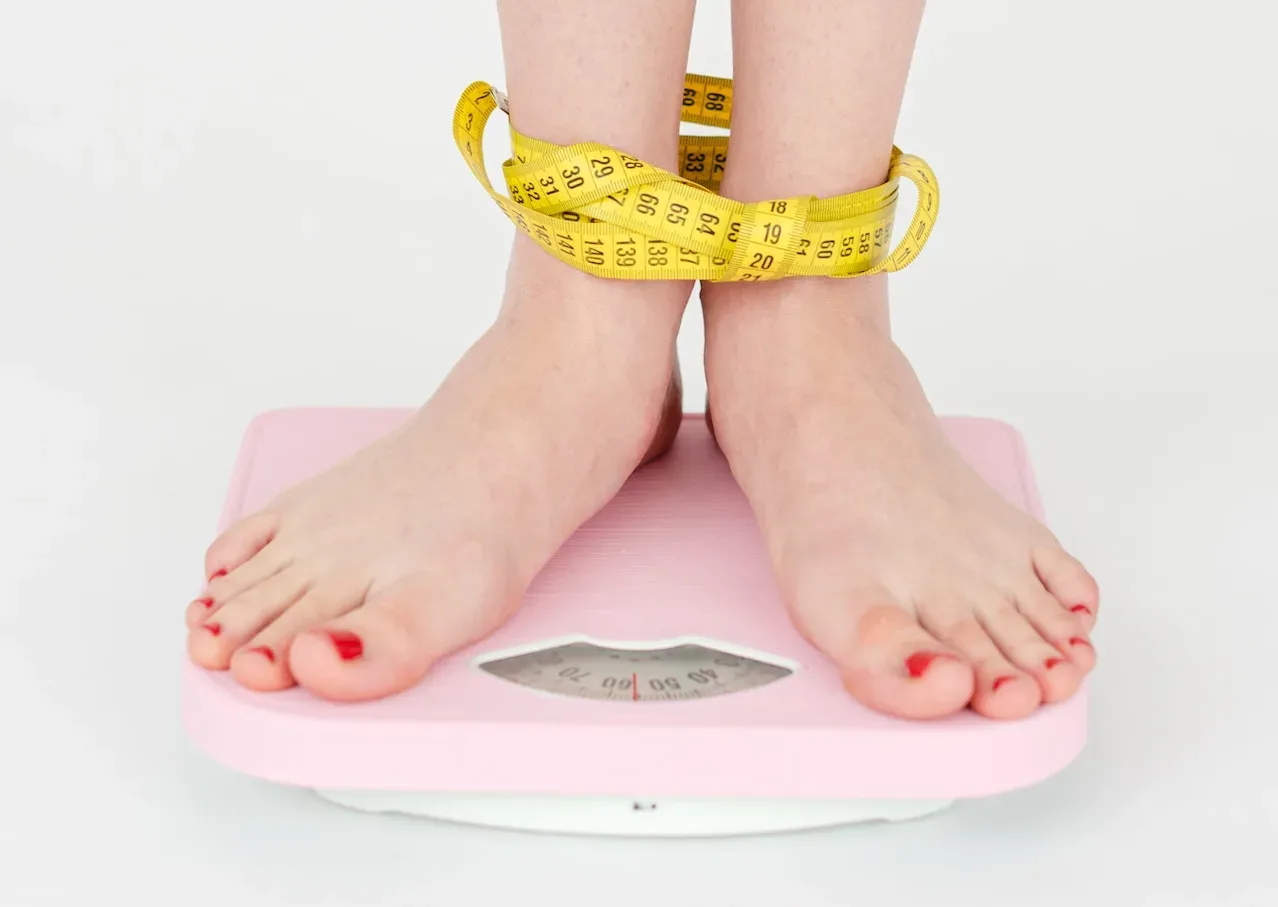Introduction
In today’s interconnected world, our lives are deeply intertwined with screens, from smartphones to laptops and televisions. While these technological advancements offer numerous conveniences, they also pose a challenge to our mental well-being. Striking a balance between our digital lives and mental health has become increasingly important. This article delves into the concept of digital detox, exploring ways to manage screen time and enhance mental wellness.

Table of Contents
Digital Detox: Balancing Screen Time and Mental Health
Digital detox is the practice of intentionally disconnecting from digital devices and online activities to reduce stress, improve focus, and restore overall mental well-being. In an age where constant connectivity is the norm, taking a step back from screens can have profound positive effects on our mental health. Here are some essential insights to help you achieve this balance:
The Impact of Excessive Screen Time

Excessive screen time can lead to a range of mental health issues, including digital eye strain, disrupted sleep patterns, anxiety, and depression. Prolonged exposure to screens, especially before bedtime, can interfere with the body’s production of melatonin, a hormone that regulates sleep.
Benefits of Digital Detox

Engaging in regular digital detoxes can yield numerous benefits for mental health. It allows for better concentration, reduced stress levels, improved sleep quality, enhanced face-to-face interactions, and increased mindfulness. By disconnecting from the virtual world, individuals can reconnect with their thoughts, emotions, and physical surroundings.
Strategies for a Successful Digital Detox

Set Clear Boundaries: Establish specific times when you will disconnect from screens, such as during meals, before sleep, or during designated “tech-free” hours.
Designate Screen-Free Zones: Create areas in your home where digital devices are not allowed, such as the bedroom or dining area.
Practice Mindfulness: Engage in mindfulness activities, such as meditation, yoga and deep breathing, to become more aware of your screen usage habits.
Engage in Physical Activities: Pursue hobbies or exercises that do not involve screens, such as jogging, gardening, or painting.
Unplug During Vacations: Take advantage of vacations to fully disconnect and immerse yourself in the present moment.
Use Digital Well-Being Tools: Many devices and apps offer features that help you track and manage screen time.
Finding Balance in the Digital Age

Maintaining a healthy relationship with technology is essential for overall well-being. While screens have become an integral part of our lives, it’s crucial to establish boundaries that prevent technology from taking over every aspect of our existence.
Conclusion

In the digital age, achieving a balance between screen time and mental health is a vital endeavour. Embracing the practice of digital detox can significantly contribute to improved well-being, reduced stress, enhanced focus, and healthier relationships. By incorporating mindful screen time management, you can enjoy the benefits of technology without compromising your mental health.

FAQs
What is digital detox?
Digital detox refers to the intentional and temporary disconnection from digital devices and online platforms to improve mental health and overall well-being.
How does excessive screen time affect mental health?
Excessive screen time can lead to digital eye strain, disrupted sleep patterns, anxiety, and depression. It can also hinder face-to-face interactions and reduce mindfulness.
What are the benefits of digital detox?
A digital detox can lead to improved concentration, reduced stress, better sleep quality, enhanced in-person interactions, and increased mindfulness.
How can I start practising digital detox?
Start by setting clear boundaries for screen usage, designating screen-free zones, practising mindfulness, engaging in physical activities, and utilizing digital well-being tools.
Can digital detox improve my sleep quality?
Yes, disconnecting from screens before bedtime can improve sleep quality by allowing the body to produce sufficient melatonin, a hormone that regulates sleep.
Is it necessary to completely eliminate screens for a digital detox?
No, a digital detox doesn’t require the complete elimination of screens. It’s about finding a balance that works for you and allows you to disconnect from screens regularly.



